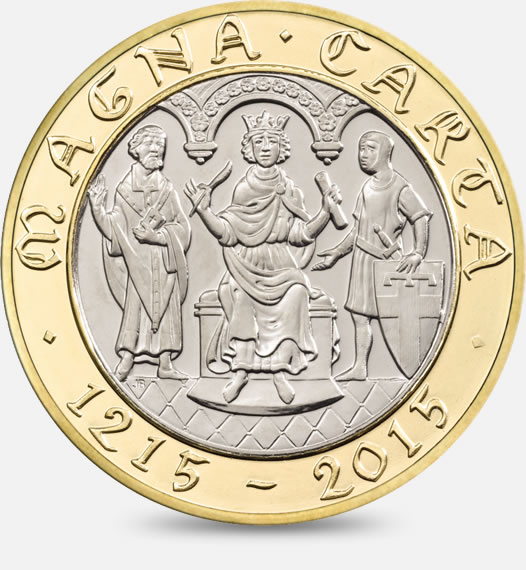Further to Ian’s post last week, court fees have been increased from today – by over 600{ac84179ccc1556745dd38e14876b163ce042b824eb5390d08aeb8a9ee8786546} in some cases.
The Law Society have set out the arguments they are raising in sup port of their proposed judicial review. The most eye-catching of these is that the fee increases are “tantamount to ‘selling justice’ contrary to the principles of Magna Carta”, presuambly on the basis that the new fees will not just be covering the court’s costs of the claim, but subsidising the public purse generally.
port of their proposed judicial review. The most eye-catching of these is that the fee increases are “tantamount to ‘selling justice’ contrary to the principles of Magna Carta”, presuambly on the basis that the new fees will not just be covering the court’s costs of the claim, but subsidising the public purse generally.
Section 29 of Magna Carta 1297 is still in force and provides:
“… We will sell to no man, we will not deny or defer to any man either Justice or Right.”
Whether or not 13th Century barons had court fees in mind, the government’s approach seems to be based on a conclusion that litigation is an “optional activity” (see Hansard 4th March 2015). But this may lose sight of the importance to society of a properly-functioning justice system and the social value of ready access to the courts. Civil justice is not just a public service, it’s a public good – as explained so well by Dame Hazel Genn in the 2008 Hamlyn Lectures.
One final thought – under the old fees regime, most litigants ended up subsidising HM Revenue and Customs through 20{ac84179ccc1556745dd38e14876b163ce042b824eb5390d08aeb8a9ee8786546} VAT on legal costs. Under pre-commencement funding arrangements, large costs uplifts were subject to VAT. It is ironic that this hike follows close on the heels of downwards pressure on legal costs, with the consequent reduction in VAT recovery…
SOURCE: piBlawg – Read entire story here.

